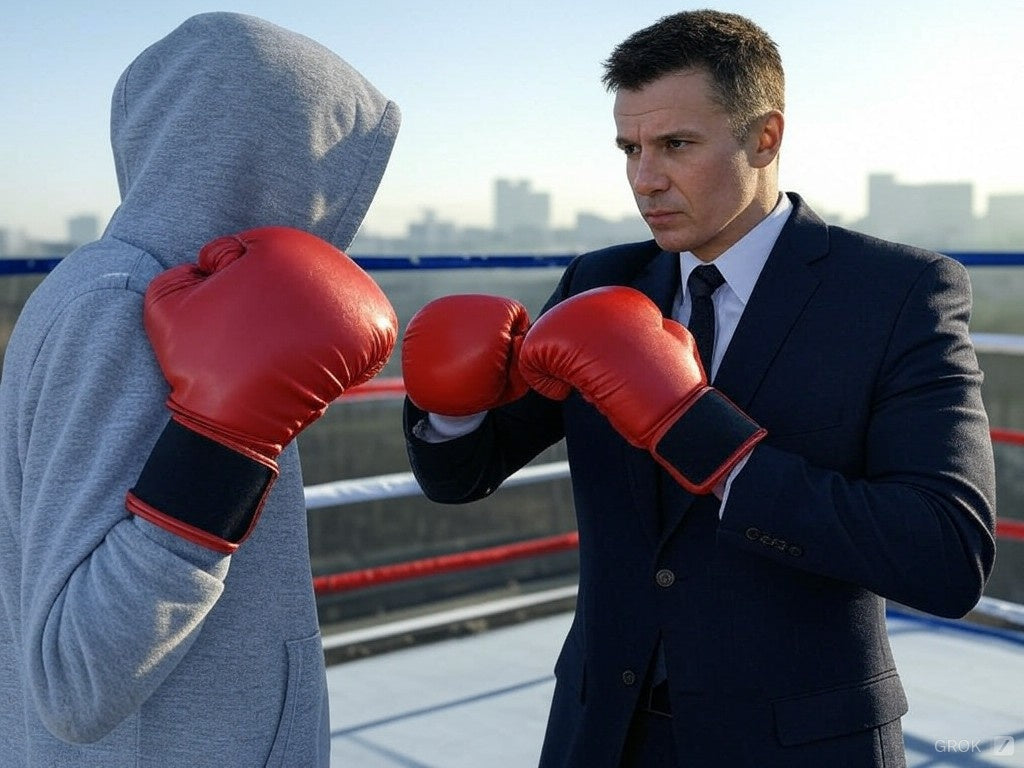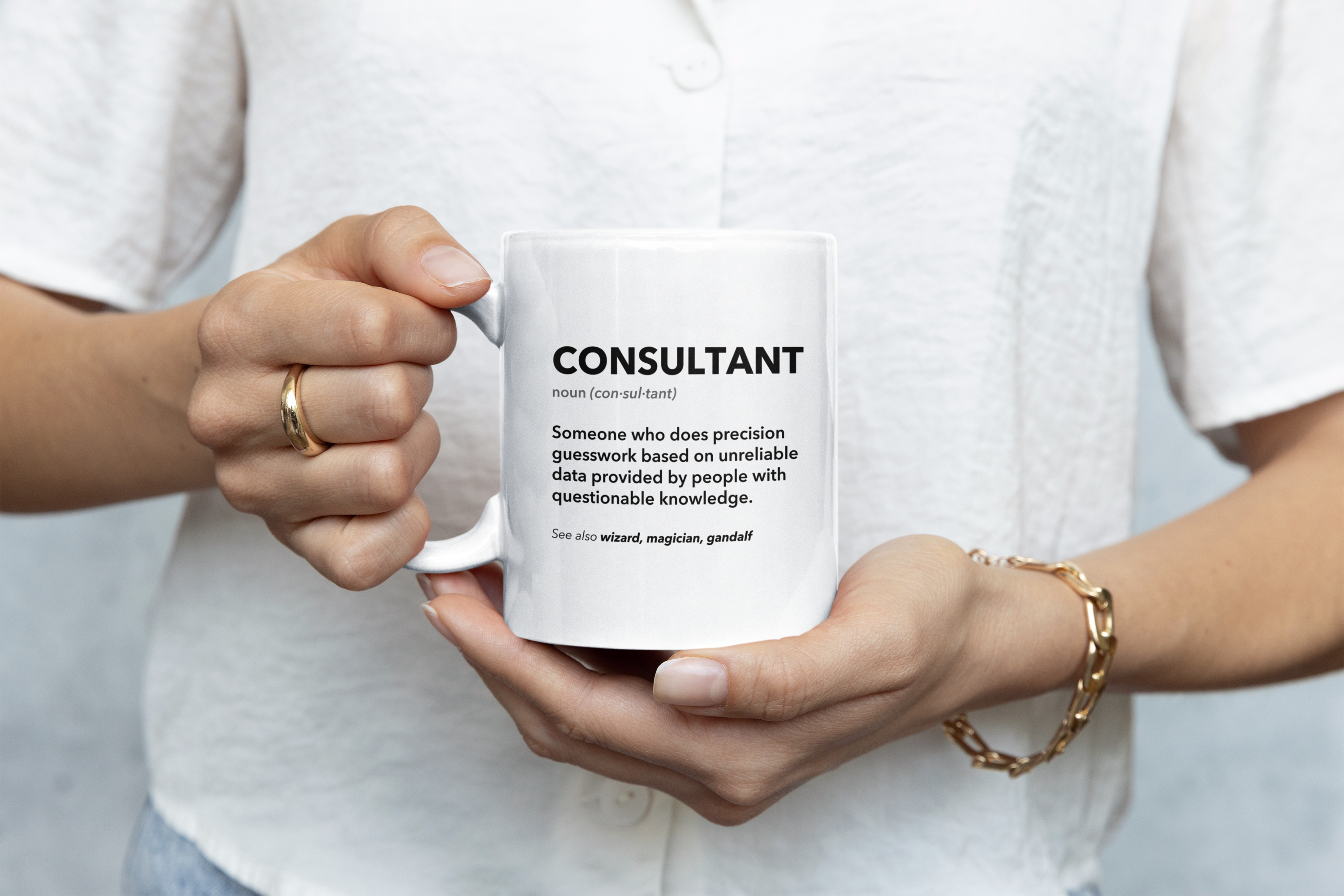Article: Luigi Mangione vs. McKinsey: Who's the Hero in the Eyes of the People?

Luigi Mangione vs. McKinsey: Who's the Hero in the Eyes of the People?
Enter: Luigi Mangione
One such extreme case is Luigi Mangione, now under investigation as the primary suspect in the attempted assassination of the CEO of UnitedHealthcare, one of America’s largest health insurance companies. While this alleged act of violence is indefensible, it has thrust the dysfunctionality of the U.S. healthcare system back into the spotlight.
Mangione’s alleged motives, if proven true, strike a chord with many Americans. After all, how often do people pay $700 a month for insurance only to discover their prescribed medication isn’t covered? For millions, this isn’t just a broken system—it’s one designed to enrich corporations while leaving citizens to fend for themselves.
But UnitedHealthcare isn’t alone in this profit-over-people model. The health insurance industry’s practices reflect a broader pattern seen across sectors. Often lurking behind these strategies is another name: McKinsey & Company.
McKinsey: The Corporate Puppet Master?
Over the years, McKinsey has been implicated in controversies that have tarnished its once-pristine image. While celebrated for its strategic expertise, the management consulting firm’s involvement in some ethically dubious scandals has positioned it as the Lex Luthor of today's corporate world.
Consider McKinsey’s role in the U.S. opioid crisis. The firm advised Purdue Pharma on strategies to "turbocharge" opioid sales, amplifying a devastating addiction epidemic that has claimed hundreds of thousands of lives. These recommendations, while lucrative for Purdue, left a trail of human suffering in their wake.
Globally, McKinsey’s record isn’t much better. In South Africa, the firm faced backlash for its role in corruption scandals involving state-owned enterprises like Eskom and Transnet. McKinsey’s work with the Gupta family—a politically connected dynasty accused of state capture—drew sharp criticism for enabling corruption that weakened South Africa’s economy.
And these are just the highlights. From consulting for authoritarian regimes to projects with questionable environmental and human rights implications, McKinsey has repeatedly found itself at the center of controversy.
Public Opinion: Folk Hero vs. Corporate Villain
Against this backdrop, we asked: Who is the hero and who is the villain in this story—Luigi Mangione or McKinsey?
In a public opinion poll on our consulting IG channel (which received over 17,000 responses), 51% of respondents identified Mangione as a hero, while a staggering 84% labeled McKinsey as a villain. For many, Mangione’s alleged actions reflect a desperate resistance to systemic oppression, however misguided. To them, his story is not just about one man but a symbol of defiance against a machine they feel powerless to stop.

Meanwhile, McKinsey’s villainous reputation underscores its growing status as a symbol of corporate malfeasance. To the public, McKinsey embodies the soullessness of modern capitalism: relentlessly profit-driven, indifferent to human suffering, and always operating in the shadows.
One can only imagine McKinsey consultants brainstorming in a glass conference room, strategizing how to spin this public backlash into an “opportunity to realign stakeholder perceptions.”
The People’s Verdict
Mangione’s rise as a folk hero raises troubling questions. When institutions fail their citizens, and corporations exploit their vulnerabilities, what avenues remain for the disenfranchised? It’s a sign of a broken system when extreme actions are reframed as resistance against oppression.
As McKinsey continues to represent the underbelly of corporate power, the challenge lies in addressing the injustices that push ordinary people to extraordinary, often destructive, measures. Reforming healthcare, ensuring corporate accountability, and amplifying citizen voices must be part of the solution.
Because when despair turns to defiance, the man with the knife becomes the man of the people—not out of righteousness, but out of necessity.
